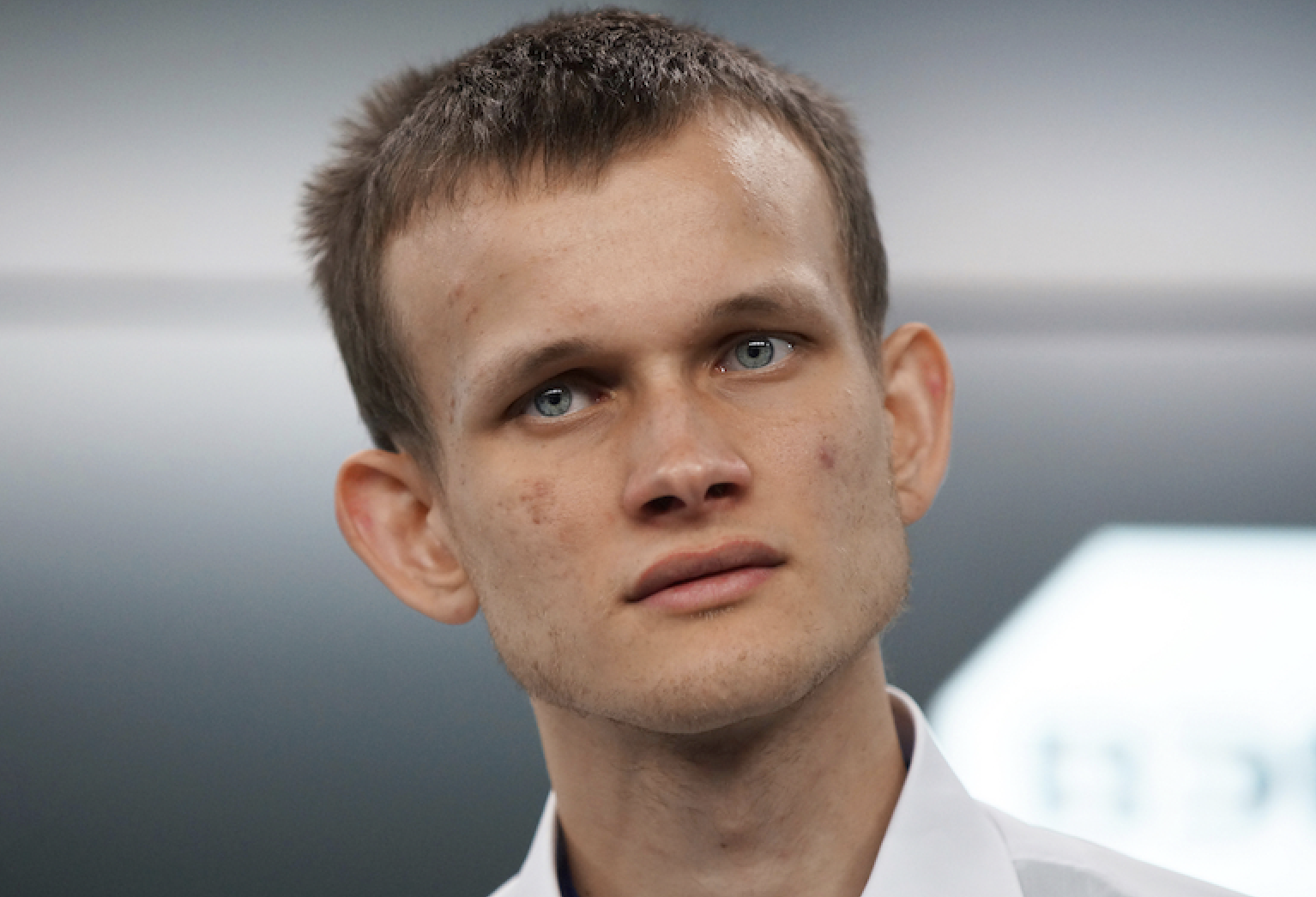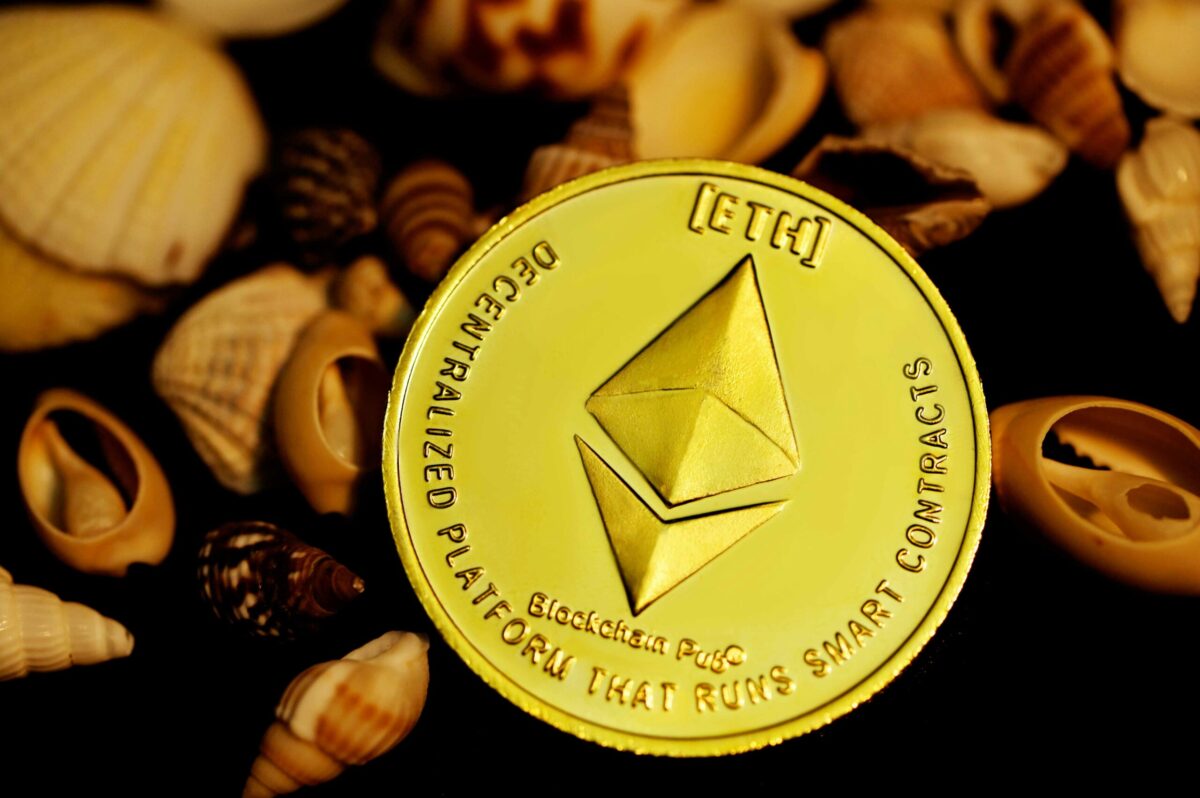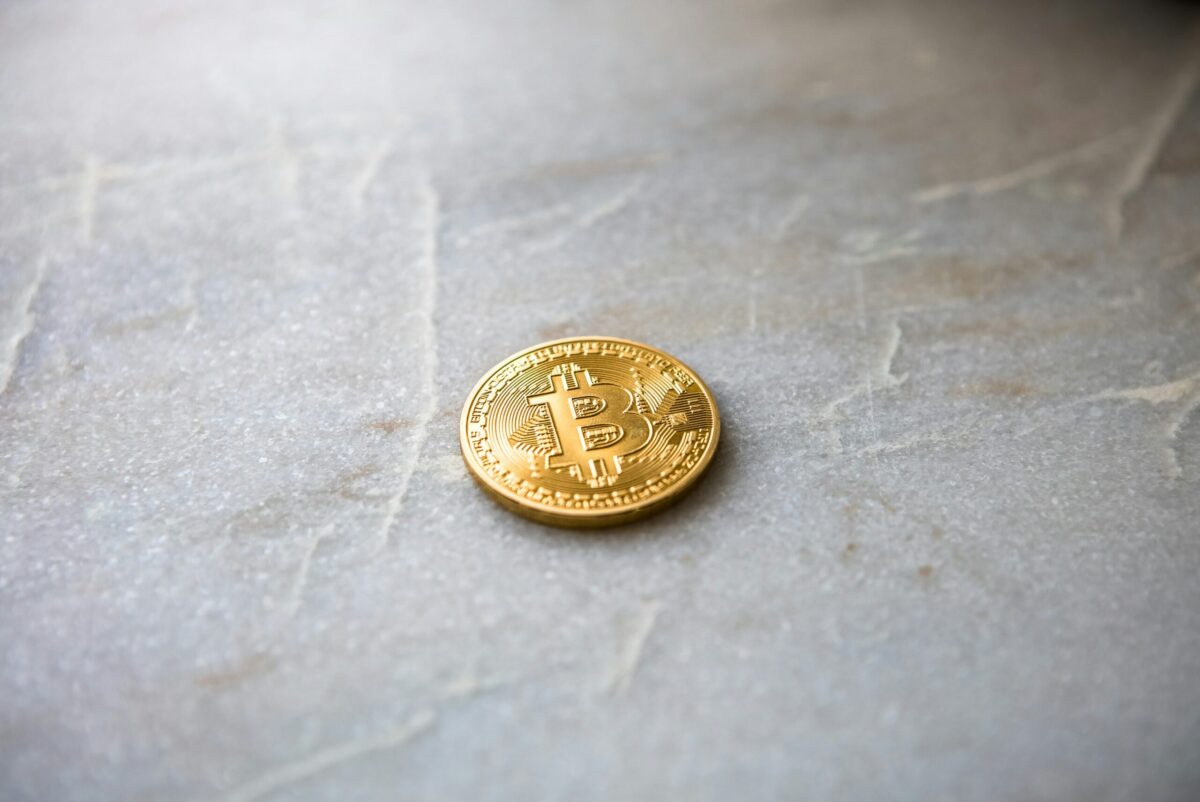In a lengthy blog post published on his website, Ethereum co-founder Vitalik Buterin laid out the major risks of Worldcoin’s eye-scanning physical ‘orb’, which has been making quite a buzz ever since its recent launch.
In a world where it’s increasingly becoming difficult to differentiate between humans and robots, there has been a constant effort to ‘plug that hole’. This could be by creating a Proof-of-Personhood (PoP) system for humans to prove that they actually are humans, and by giving everyone a UBI.
Worldcoin stands unique in doing this as it relies on highly sophisticated biometrics, scanning each user’s iris using a piece of specialised hardware called ‘the Orb’.
The iris-scanning identity verification solution is one of the striking features of the project which aims to solve income inequality and online identity authentication. Worldcoin is also known to have been co-founded by the OpenAI CEO Sam Altman, along with Alex Blania.
On Monday, Buterin took to his blog to help people decide whether or not they should bow down and scan their eyes before the “new spherical overlords”. In doing the same, he pointed out the four major risks with Worldcoin’s PoP construction. These were laid out as: privacy, accessibility, centralisation and security.
As of now, the solution only stores hashed versions of iris scans, not the actual images, aimed at protecting user identity with ZK-SNARKs and other cryptographic techniques. However, the Ethereum chief believes that there is an inherent risk of identity-related information being misused or leaked.
Explaining that the registry of iris scans may reveal information, he stated: “At the very least, if someone else scans your iris, they can check it against the database to determine whether or not you have a World ID. Potentially, iris scans might reveal more information.”
Another thing he was concerned about was the accessibility of the World IDs. He believes it to not be reliably accessible unless there are so many Orbs that anyone in the world can easily get to one.
The fact that users would need to physically access a Worldcoin Orb to participate, effectively limits the project’s reach. There’s also the risk of an imbalance of Worldcoin distribution which could end up favouring urban centres where Orbs are likely to be more available.
Centralisation is the third risk highlighted by Buterin. Since the Orb is a hardware device, there is no way to verify that it was constructed correctly. This leaves a possibility of backdoors.
Even if the software layer is perfect and fully decentralised, the Worldcoin Foundation still has the ability to insert a backdoor into the system, letting it create arbitrarily many fake human identities.
His final concern surrounded the security of the matter. It ranges from issues like the users’ phones being hacked to them being coerced into scanning their irises while showing a public key that belongs to someone else. There is the possibility of 3D-printing “fake people” that can pass the iris scan and get World IDs.
In listing out these risks, Buterin also argued that not having any PoP systems would involve risks too. While he did find the concept behind Worldcoin valuable, he stated: “I look forward to seeing more progress on all types of proof of personhood, and hopefully seeing the different approaches eventually come together into a coherent whole.”
In an attempt to give a proposed solution to this, Buterin illustrated a comparison chart of the three different paradigms of approaches that all have their own unique strengths and weaknesses. In doing so, he also admitted that there is no ideal form of Proof-of-Personhood: “What we should ideally do is treat these three techniques as complementary, and combine them all.”
Worldcoin’s $WLD token, which was launched earlier today, has been enjoying a price hike by over 88% after being listed on multiple crypto exchanges. At the time of press, it was changing hands for $2.58 as per CoinGecko.


